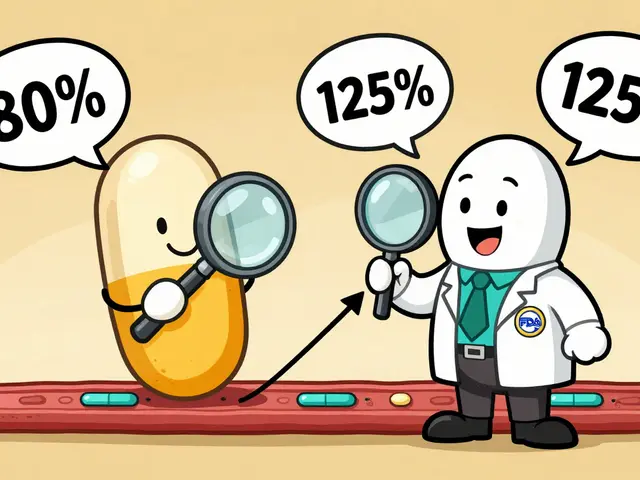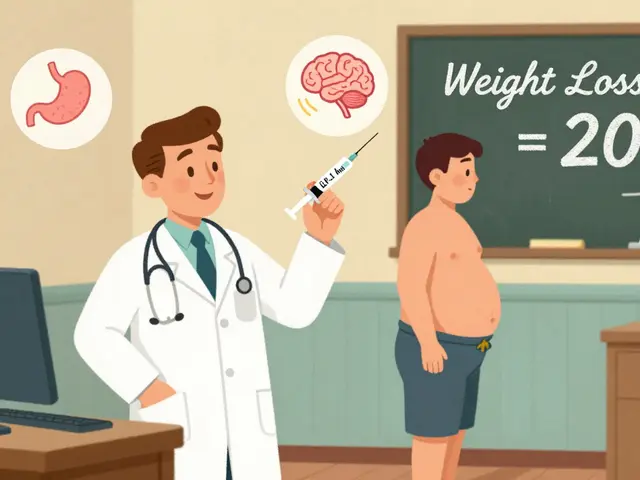Bone Health: Simple Ways to Keep Your Skeleton Strong
When you think about staying healthy, bones often get left out. Yet strong bones are the foundation for every move you make—from walking the dog to lifting a grocery bag. On this page we bring together the most useful info on bone health, so you can protect your skeleton without scrolling through endless research papers.
Key nutrients for bone strength
Calcium is the headline player. Adults need about 1,000 mg a day, and that jumps to 1,200 mg once you hit 50. Dairy, leafy greens, and fortified foods are the easiest sources. If you don’t get enough from food, a calcium supplement can fill the gap—look for calcium citrate because it’s easier on the stomach.
Vitamin D works hand‑in‑hand with calcium. Without enough vitamin D, your body can’t absorb calcium properly. Sunlight on the skin for 10‑15 minutes a few times a week usually does the trick, but many people need a 1,000‑2,000 IU supplement, especially in winter or if you live far from the equator.
Magnesium, vitamin K2, and phosphorous also play supporting roles. A balanced multivitamin that includes these nutrients can simplify daily dosing. When you browse our articles, you’ll see detailed breakdowns of supplements like the Linden supplement or Sour Cherry supplement, which contain antioxidants that indirectly support bone health.
Everyday habits that protect your bones
Weight‑bearing exercise is a must. Walking, jogging, dancing, or simple resistance bands give your bones the mechanical stress they need to stay dense. Aim for at least 30 minutes most days of the week. If you’re new to exercise, start with short walks and gradually add light weights.
Avoid smoking and limit alcohol. Both habits accelerate bone loss and increase fracture risk. If you need help quitting, our article on smoking and cancer risks explains why quitting can boost overall health, including your bones.
Watch your caffeine and soda intake. High caffeine or phosphoric‑acid drinks can interfere with calcium absorption when consumed in excess. Swap that soda for water or a calcium‑rich milk alternative.
Medical conditions and medications matter, too. Long‑term use of steroids like fluticasone nasal spray can thin bone over time. Our guide on fluticasone explains how to use it safely and when to ask your doctor about bone‑protecting strategies.
If you have osteoporosis or low bone density, doctors may prescribe medications such as bisphosphonates or newer agents. While our tag page doesn’t list a specific osteoporosis article, you’ll find related drug reviews—like the dapagliflozin history piece—that discuss how some diabetes meds can affect bone turnover.
Finally, keep an eye on lab results. A simple blood test for calcium, vitamin D, and markers of bone turnover can tell you if your plan is working. Talk to your clinician about repeat testing every 6‑12 months.
All of these steps—nutrition, movement, lifestyle tweaks, and smart medication use—combine to give you a stronger skeleton. Browse the posts below for deeper dives on specific supplements, drug interactions, and disease links that tie into bone health. AutoradioRx makes the science clear so you can act with confidence.

10 Reasons to Add Vitamin D Supplements to Your Daily Routine
- By : Tamsin Riverton
- Date : Aug 8 2025
Discover the top ten ways vitamin D supplements improve immunity, bone strength, mood, and overall health, plus practical dosing tips.




